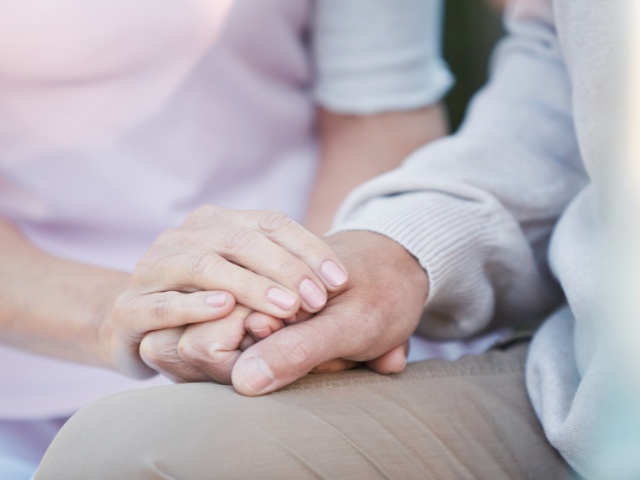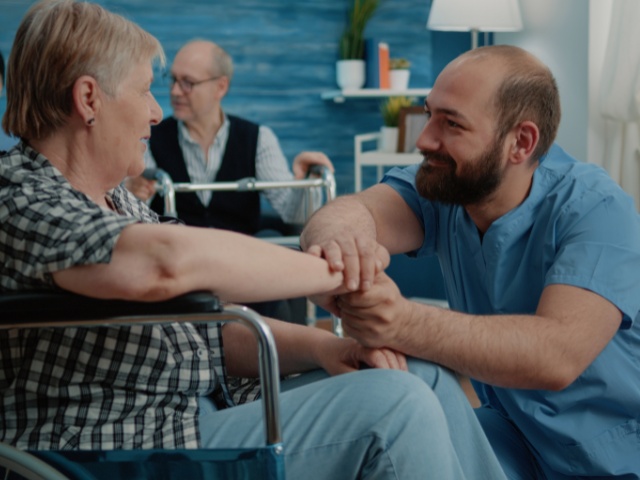
Emotional Resilience for Caregivers
Introduction
Caregivers play a pivotal role in supporting individuals who are chronically ill, disabled, or elderly. However, this role can be physically and emotionally taxing. Balancing one’s own life with caregiving duties often leads to stress, burnout, and even health issues. In Kerala, where family bonds run strong, caregivers typically assume substantial responsibilities—sometimes without adequate external help.
Recognizing the Challenges
Caregiving stress manifests in various ways, from disturbed sleep and chronic fatigue to social isolation. Many caregivers feel guilty when seeking personal time or professional help. By acknowledging these challenges early, caregivers can proactively establish coping mechanisms, ensuring better outcomes for both themselves and the patients.
Building Emotional Resilience
1. Setting Boundaries: It’s crucial to define when and how one is available to performcertain tasks.
2. Seeking Support: Friends, family members, or local volunteer groups can pitch in with chores, meal preparations, or respite care.
3. Professional Guidance: Counseling and therapy offer a safe space to discuss frustrations, develop coping strategies, and process complex emotions like grief or anxiety.
Community Resources
In Kerala, organizations like VPRC extend support not just to patients but also to caregivers through counseling sessions, group therapy, and volunteer networks. This communal approach lifts some of the caregiving burden by providing essential resources such as transportation, nutritional advice, and home modifications.
Self-Care Routines
A well-structured self-care routine can significantly improve a caregiver’s emotional and physical health. Engaging in daily walks, following a balanced diet, and exploring stress-relief techniques like yoga or breathing exercises can help maintain mental stability. Setting aside even 15 minutes a day for meditation or reflection can rejuvenate one’s mindset.
Long-Term Strategies
Caregiving scenarios can last months, years, or even decades. Planning for the long term means staying informed about the patient’s medical outlook, understanding potential future needs, and building a sustainable support system. Caregivers who stay ahead of the curve by exploring community-based palliative care options or respite care services are often better able to balance responsibilities in the long run.
Conclusion
Emotional resilience is not a luxury; it is a necessity for caregivers. By leveraging community resources, setting clear boundaries, and prioritizing self-care, caregivers can nurture their well-being while delivering compassionate, effective support to those in need. In a place like Kerala, where the tradition of family care runs deep, integrating modern caregiving strategies with cultural values can pave the way for healthier, more resilient households.





